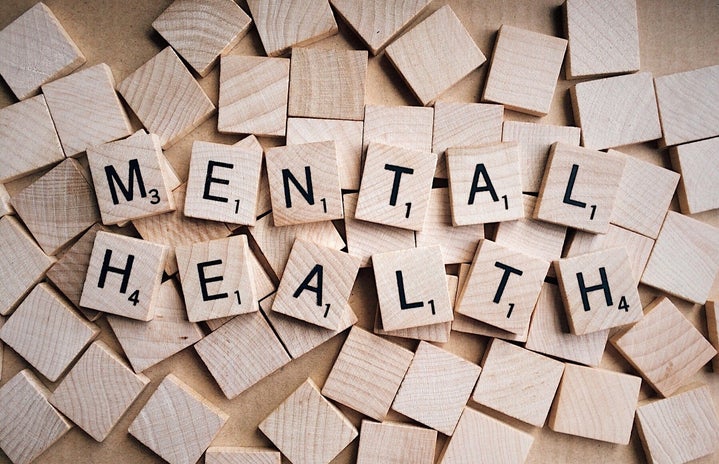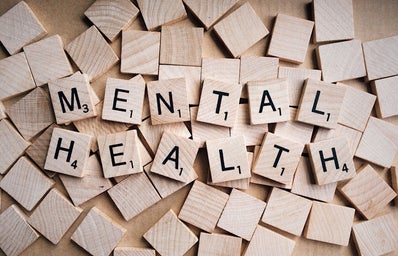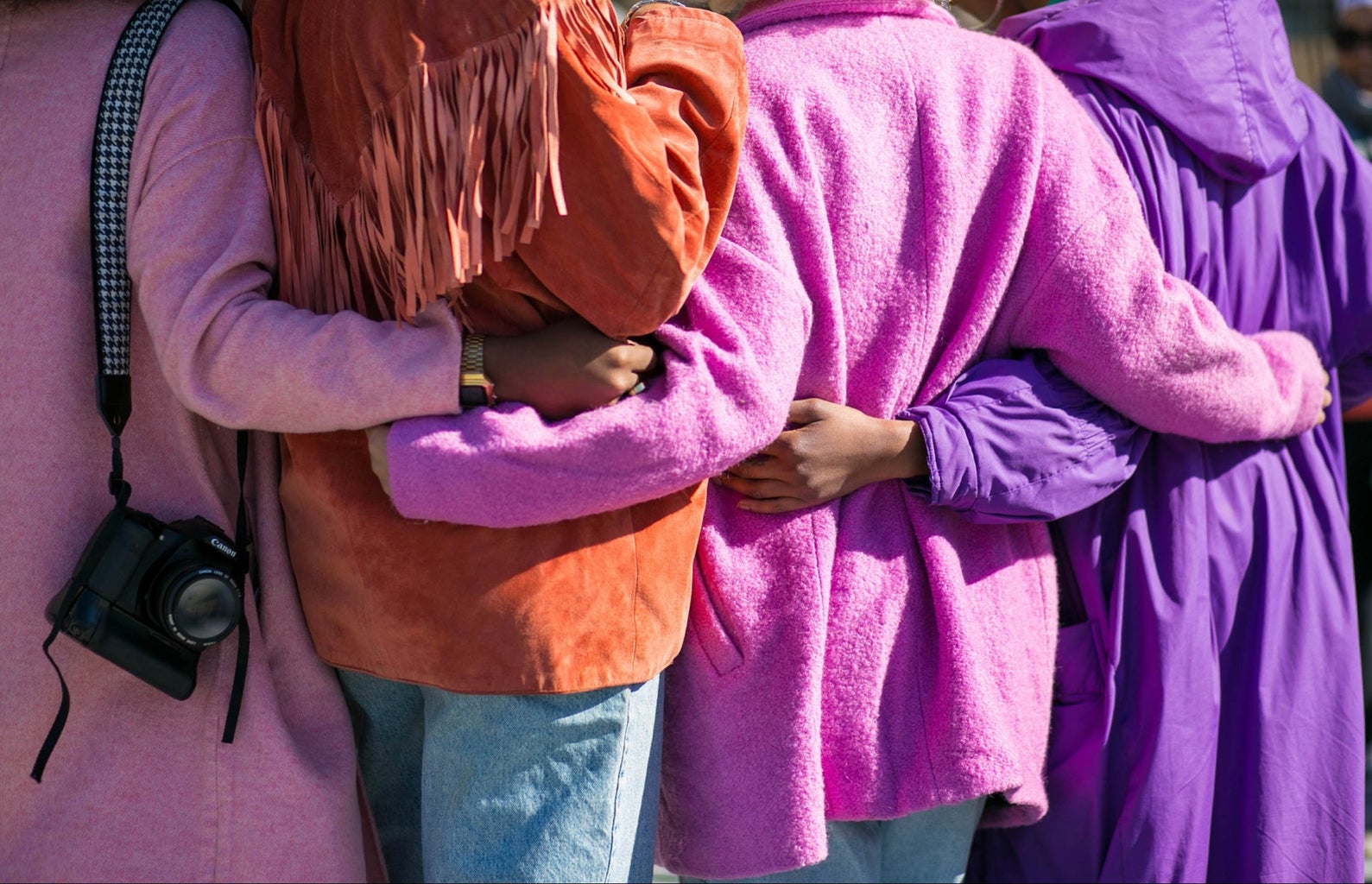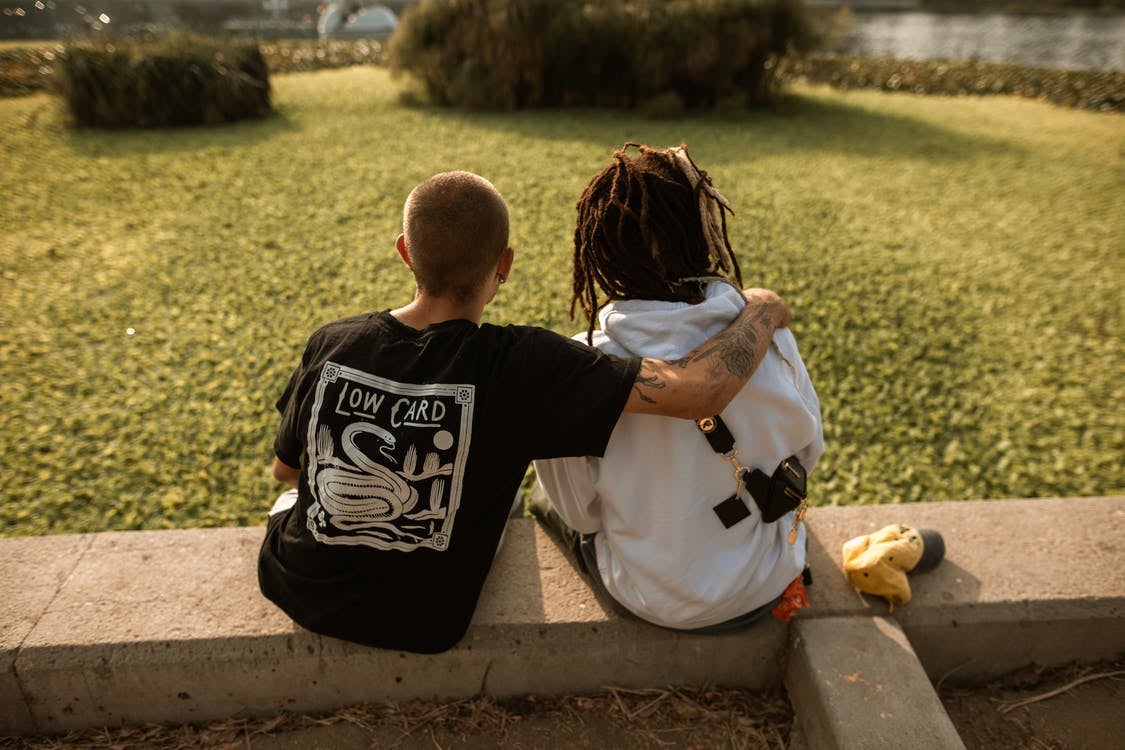Content warning: This article mentions mental illness and suicide.
Today, October 10, 2023, marks World Mental Health Day. Started in 1992, this is a day used to bring awareness to the growing conversation surrounding mental health and to the impact of mental illness, to advocate for those struggling with mental health challenges, and to encourage checking in on the people you love and taking care of yourself.
I went back and forth on whether or not I wanted to share my own experience with mental health challenges. Vulnerability is scary, but it’s also vital to moving forward. Avoiding these types of conversations feeds into the stigma that unfortunately is often attached to mental health. Today is about breaking down that stigma (and every day should be as well).
I have had quite an up and down journey with my own mental health since my high school years. It wasn’t until right before I moved to Chico, however, that I received my formal diagnosis of major depressive disorder, also known as clinical depression. I often felt like I was pouring from an empty cup, and the isolation, loss of interest in the things that once made me feel full, and a lingering sense of hopelessness impacted every relationship in my life, including the one with myself.
While the idea of diagnosis often seems intimidating, for me at least, it felt almost liberating. I felt like I had an answer, and it felt like the struggles I had been facing were validated and it wasn’t just me “overthinking” or “being dramatic.” At the same time, moving to a new place and attending college for the first time while simultaneously trying to navigate this was anything but easy. I talked with a psychologist regularly, called my dad (who also happens to be my best friend) every day, and joined a sorority to try and build friendships in a town that was completely new to me. It was hard, exhausting, and I’d be lying if I said there weren’t times when I wanted to give up and go back home. There were times when the transition, college, Chico, and life felt almost too heavy to lift.
But I stayed.
Thank goodness I did, because staying was the best decision I’ve ever made. While it was difficult in an all Zoom and virtual environment, I slowly but surely began to meet my people. Sophomore year, I landed an internship as a Mental Health Outreach Intern for UMatter, a student-led organization on campus focused on promoting mental health awareness. As events started to transition to in-person, I started building genuine friendships with women from my sorority. That being said, navigating my own mental health challenges has never been a linear process, and I still found myself in funks, some short and some that began to feel overpowering. But having a support system here changed absolutely everything for me, and this speaks to the importance of surrounding yourself with people who truly care about you and want the best for you, as well as knowing what resources are available to you if you do need help.
Flash forward to now, I have grown in every aspect of my life and I take so much pride in how far I’ve come in my mental health journey. I’ve blossomed from a girl who constantly felt alone, scared, insecure, unlovable, and hopelessly low to a confident woman, leader, student, and friend. I live with (or a thirty second walk from) my absolute best friends, I’ve found my place on campus through leadership roles and extracurriculars, and I’ve spent the past three years constantly learning new things about myself. I’m actively discovering my own self-worth, exploring what it means to unconditionally love myself, and healing.
I’m far from done with this journey and there have still been plenty of times, even just in the past few weeks, where I began to feel like I was making backwards progress. But as I said earlier, recovery often isn’t linear. If you are on your own mental health journey, know that I’m right there with you, and SO many others are too. I’m proud of the woman I’ve grown to be today and for pushing through years of struggling with mental health. At the same time, I still love, honor, and am an advocate for my sixteen year old self who couldn’t figure out why she couldn’t just shake off those low episodes, for the eighteen year old version of me who began to not see light at the end of the tunnel, and for the little girl I once was, whose experiences would leave a permanent impact that I’m still working through today. I’m an advocate for the members in my own family who died by suicide. I’m an advocate for anyone and everyone who feels like they’re living in survival mode or who just don’t feel okay. I’m an advocate for anybody struggling. I’m an advocate for you.
As a college student, it’s more than likely that you and/or somebody in your life has lived experience with mental health challenges. According to statistics by Active Minds, 39% of college students experience at least one significant mental health issue and suicide is the second leading cause of death for young adults. Whether or not you have firsthand experience with mental health challenges, it’s important to educate yourself on the importance of mental health, the impact that these challenges can have on a person’s life, resources in your community, and how to support someone who’s struggling.
You truly never know what someone else is going through or has gone through in the past. Remind yourself today and everyday to be kind to others and to yourself, to be mindful that you don’t know what is going on in someone’s life, and to honor those who are actively pushing through mental health challenges.
Chico State offers a variety of mental health services that you can explore or share with someone else. The WellCat Counseling Center offers appointments for new and returning students and also has a crisis counselor available 24/7, accessible by dialing 530-898-6345 and then pressing 2. I’ve also attended several ecotherapy sessions which I highly recommend. They are free of charge and if you don’t want to attend alone, you can bring friend(s)! There are sessions offered both on campus as well as off campus. Chico State also offers “I Can Help” trainings throughout the school year, which are open to students and staff and focus on suicide prevention and preparing you to support someone experiencing a mental health challenge or crisis.
Immediate help is also available by dialing 988, which connects to the Suicide and Crisis Lifeline. If you are someone you know is in crisis, please call.
If you are struggling with your mental health right now, know that you are not alone. Know that it’s okay to ask for help and know that you are never a burden for feeling this way. Today and everyday, check in on yourself and the people in your life and be apart of the movement to destigmatize mental health and open up the conversation within your close circles, in Chico and on campus, and in the broader community.





